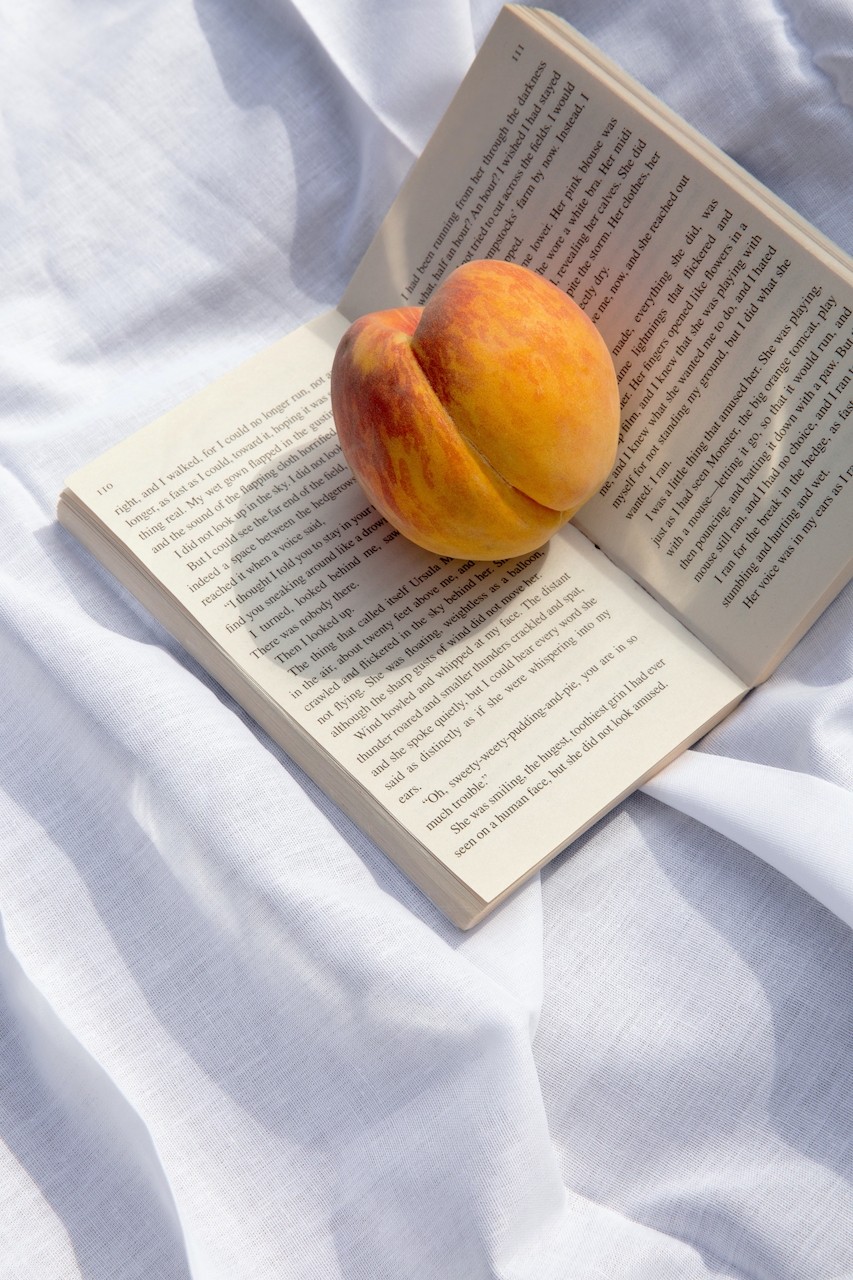An ode to books
- Show me a family of readers, and I will show you the people who move the world. – Napoleon Bonaparte
I love books. That’s not a secret, and it is a notable trait of my personality. My parents were avid readers, and while their reading preferences differed, I learned as a bookish seven -year--old that if I was reading in bed, I wouldn’t be asked to turn off the lights. That was the start of my life as a night owl. I also remember, later on, an ex-boyfriend of mine telling his then-girlfriend (about me): “I like her; she reads a lot.” Oh, the compliment.
After being force-fed the classics, as is customary with the school system, I fell in love with a specific publishing house in France that took pride in translating new and established fiction authors from all around the world. Suddenly, with a book (or rather many books), I was plunged into different worlds, from Argentina to Egypt, Italy to China, via Turkey, to name a few.
Carl Sagan said: "One glance at a book and you hear the voice of another person, perhaps someone dead for 1,000 years. To read is to voyage through time." While that feels true, reading transports me through space as well as time.
I realise now that way before I had the opportunity to embrace my precious global nomad lifestyle, my readings gave me a sense of connection to the world beyond what I knew, and it powered an early sense of being more than my individual identity. I became a citizen of the world thanks to the writing of Isabel Allende, Gabriel Garcia Marquez, Naguib Mahfouz, Gao Xingjian, Elif Shafak, and so many more.
Given how much I value reading, I was shocked to discover the banned books campaign unfolding in certain American schools and touching several million students. Mind you, last week
While I was upset about the news, the removal of the “Girls who code” series by writer Reshma Saujani felt like a blow to the staunch feminist in me. I imagine all those allies who understand that children need to see themselves represented from a young age to open their minds to their potential future selves will agree.
Banning Maya Angelou’s ‘I know why the caged bird sings”, for instance, is utter sacrilege.
Of course, if you told me that the Russian education system had banned books, I wouldn’t blink an eye. After all, they are rewriting history books just as history is being made to control the national narrative. Dictatorships enjoy mind control, so reading materials, scholarly or other, will be moulded to suit those in power.
I see this publicly denounced book censorship as worrying and almost violent because it more than hints at how much the 50-state American federation is struggling with its status as a democracy. Whether you look at the USA or Russia, what we’re seeing is a battle for what children can learn.
Books contain knowledge, and knowledge is power. Only a few decades ago, some categories of our population weren't even allowed access to public libraries. While not everyone will fall in love with books, everyone should be allowed access to the broadest possible range of ideas.
Those trying to shape and narrow what children can read are doing so to gain power. Over who, for what, I don’t think there is a blanket answer, but there’s a nasty smell of white supremacy floating around the American case.
I’m certain that those actively participating in this censorship do it in the hopes of shaping a future that will be detrimental to minorities, people of colour, women and LGBTQ+ communities.
When I consider this is happening in a country that still tries to hold on to the banner of “leader of the free world”, I wonder if I’m not trapped in a weird dream. How could that moniker remain if freedom to read isn’t upheld?
This got me wondering about the story of forbidden readings and I found this great BBC Culture article coinciding with “Banned Books Week”, an annual campaign by the American Library Association and Amnesty International celebrating the freedom to read and fighting censorship.
The piece explores stories about the hidden dangers of books, with some great quotes and anecdotes covering DH Laurence, Boris Pasternak, and James Joyce.
Its author, John Self, argues that books are, as Stephen King put it, "a uniquely portable magic" – and “the portable part is as important as the magic”. Shouldn't we all have access to that magic?
However, away from the doom and gloom of the above, I was thrilled to see that independent bookstores are becoming the cool hot spot, according to this article from the Times. Worth a look if you’ll be visiting the UK or the British capital.
I don’t know if you care about this issue as much as I do, but here’s a suggestion: order one of the books on this ban list, in show of support, giving yourself or someone else the gift to learn something new by embracing another person’s perspective.
After all, stories shape us. Let’s make sure we all get access to the ones we need.
